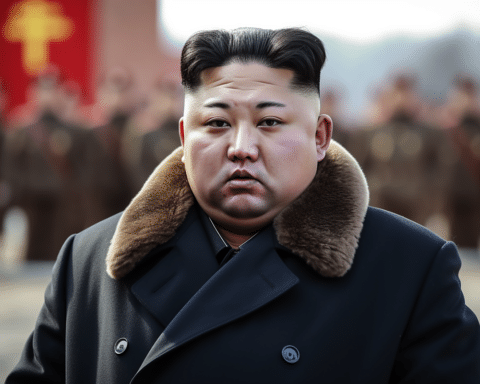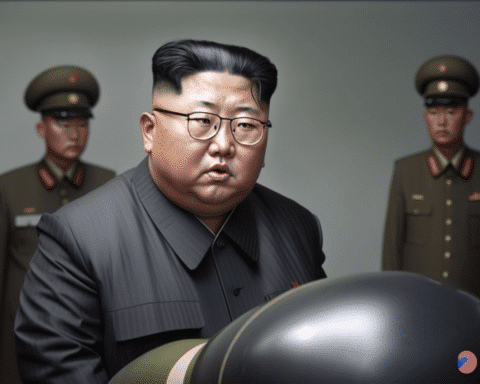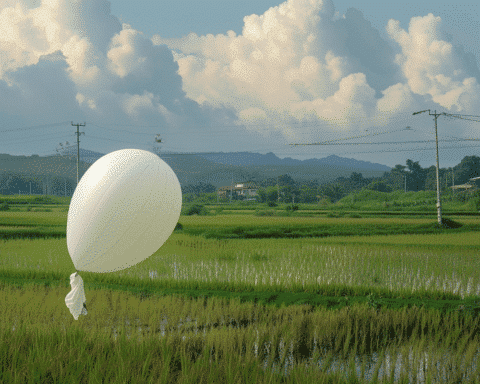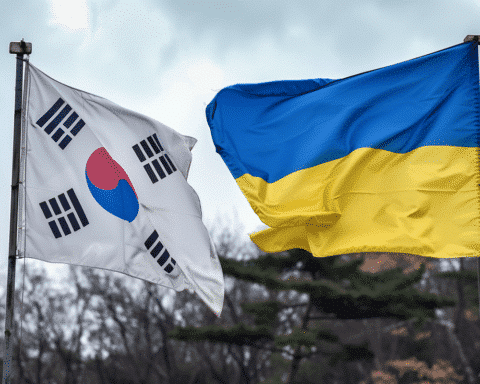North Korea’s recent intercontinental ballistic missile (ICBM) test has amplified fears regarding its advancing missile capabilities and potential reach to the United States. This launch, overseen by North Korean leader Kim Jong Un, marks a significant moment in North Korea’s weapons testing. Experts suggest that it reflects potential technological support from Russia amidst North Korea’s alleged military assistance to Moscow’s war efforts in Ukraine. Responses from world leaders emphasize the need for diplomacy, while experts analyze the technical and geopolitical implications of the missile test.
A Calculated Move: Timing of North Korea’s Missile Test
North Korea launched its first ICBM in nearly a year, which experts view as a calculated move to gain American attention just before the U.S. elections. “North Korea could have probably thought that its rivals could look down on it after it gave away so much in military resources to Russia,” stated Yang Uk of South Korea’s Asan Institute for Policy Studies. He added that the launch likely demonstrated the country’s formidable capabilities regardless of any external troop movements. The timing also aligns with heightened condemnation over North Korea’s alleged support for Russia, as South Korean and U.S. authorities claim North Korea dispatched troops to aid Russia in Ukraine.
Technological Advances Suggest Possible Russian Assistance
This launch is believed to be an advancement in missile technology, possibly aided by Russian expertise. Jung Chang Wook, head of the Korea Defense Study Forum, stated, “It’s fair to say the missile could carry North Korea’s biggest and most destructive warhead.” Such developments raise concerns about North Korea’s ability to deliver long-range nuclear strikes. South Korean Defense Minister Lee Choon Geun speculated that Russia may have provided components boosting engine thrust, allowing a missile to carry a larger payload and improve targeting accuracy. Given Russian President Vladimir Putin’s visit to North Korea in June, experts wonder if this visit further solidified cooperation between the two nations.
A Growing Threat: North Korea’s Expanding Missile Range and Capabilities
According to Japan’s Defense Minister Gen Nakatani, North Korea’s recent missile flew 7,000 kilometers, surpassing previous test records, with a flight time exceeding 86 minutes. This increased altitude and duration suggest substantial improvement in thrust and stability, critical factors for long-range precision. North Korean leader Kim Jong Un referred to this test as “an appropriate military action,” emphasizing North Korea’s right to respond to “various adventuristic military maneuvers” threatening its safety. Observers have noted North Korea’s improved solid-fuel technology, which makes missiles more mobile and less detectable.
International Condemnation and Calls for Diplomacy
The missile launch met swift condemnation from the U.S., South Korea, Japan, and the U.N. Sean Savett, a spokesperson for the U.S. National Security Council, condemned the test as “a flagrant violation” of U.N. resolutions, warning that it “needlessly raises tensions and risks destabilizing the security situation in the region.” U.N. Secretary-General Antonio Guterres reiterated his call for de-escalation and resumed dialogue, noting that “diplomatic engagement remains the only pathway to sustainable peace.”
South Korean military spokesperson Lee Sung Joon confirmed the use of a 12-axle mobile launch vehicle, suggesting that North Korea could be developing a more extensive ICBM system than its previous ones. The South Korean military intelligence agency reported preparations for a possible seventh nuclear test by North Korea, a concerning indication of further escalation.
Future Implications of North Korea’s Strategic Partnership with Russia
With recent weapon shipments and alleged troop deployments, North Korea’s cooperation with Russia suggests a deeper strategic partnership. Kim Jong Un’s support for Moscow could enable North Korea to acquire advanced missile and surveillance technologies. Experts speculate that Russian assistance could extend beyond missile technology, enhancing North Korea’s conventional arms capabilities. Kim’s collaboration with Russia might also include financial support, with experts estimating North Korea could gain millions of dollars by deploying its troops in Russia.
North Korea’s ICBM test has not only demonstrated its growing military prowess but has also intensified global security concerns. Kim Jong Un’s aggressive stance and potential partnership with Russia suggest that North Korea’s nuclear ambitions are advancing. As countries call for diplomacy to reduce tensions, the world watches closely, hoping for a peaceful resolution to North Korea’s continued militarization and support for Russia. In the meantime, international security efforts remain on high alert to safeguard against potential threats.




